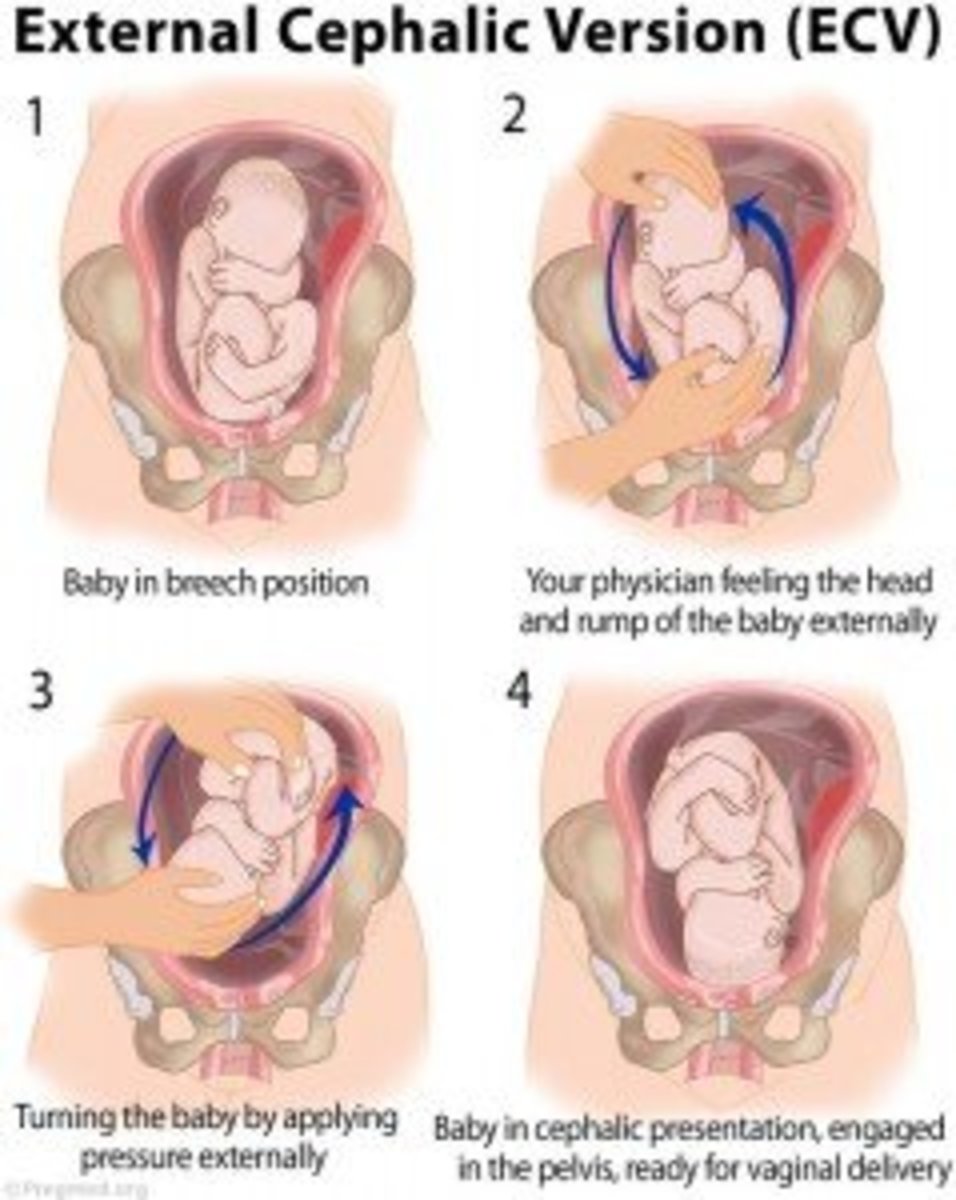- HubPages»
- Health»
- Women's Health»
- Pregnancy
How to Decide When to Try Again After Miscarriage

The thought of pregnancy after miscarriage can be frightening. Regardless of how far into the pregnancy you may have been, the loss can create a flood of very powerful emotions. Truthfully, the amount of time you were pregnant is irrelevant when it comes to the grief you may feel. On the other hand, however, there are many women who are able to view the loss in terms of biology and are, therefore, not as deeply affected. Each of these responses is perfectly normal, and each woman will work through things at their own pace and in their own way.
In most cases, getting pregnant after a miscarriage is a huge step. For some, miscarriage can lead to a complete shutdown of the biological clock. In their minds, trying again comes with the risk of having to endure another loss. These women may not be immediately ready to become pregnant after miscarriage, particularly if they have already suffered multiple losses. For others, the biological clock only ticks louder following a miscarriage and they become even more determined to have a baby.
To further complicate matters, there is typically another person with thoughts, opinions, and emotions regarding the miscarriage that are just as strong as yours. Your partner may be reluctant to try again or he may begin to push you into another conception before you are ready. The question of when to try again typically comes up at some point following a miscarriage, and there are things to be considered before making such a decision. For example, you may have questions about what exactly happens with the body after miscarriage. The following are common questions many couples have following this very tragic loss.

What Happens with My Fertility After Miscarriage? Am I Less Fertile Now?
The question of fertility is one many women have following a miscarriage. If you had difficulty prior to your miscarriage or have specific concerns related to your fertility after miscarriage, it is important that you address these with your physician. Generally speaking, however, one miscarriage does not predict future ones. According to recent miscarriage statistics, healthy women who have experienced a miscarriage have an 85 percent chance of carrying their next pregnancy to term. Unless a woman is over 35 years of age and has had more than two miscarriages, there is no increased risk. Don’t worry. A miscarriage rarely affects the functioning of the body’s reproductive organs. The next period will come and ovulation will not be far behind.
What About Ovulation After Miscarriage? What Kind of Changes Should I Expect?
Unless the miscarriage resulted from a physical trauma, your reproductive organs should not have been harmed. In most cases, ovulation after miscarriage will resume without issue. Permanent damage caused by a miscarriage is rare. It is, however, a case by case issue. The rate at which hormones return to their normal pre-pregnancy state will vary from woman to woman, but the physical effects of a miscarriage are rarely serious and will eventually resolve.
Does this mean you are ready to conceive again? Not necessarily. Remember, a miscarriage is a traumatic event. It not only affects you physically, but also mentally. It is important to note that the body is quite often affected by the mind. Some women find that the emotional hurt of miscarriage is so deep and lingers for so long that it actually affects them physically. This includes their ability to ovulate. After miscarriage it is important to deal with the emotional issues that often result. Both partners should take stock of their emotional state before deciding to conceive again. Some women have made the mistake of depending on their physical ability to conceive to make the choice for them. They begin upon the path to parenthood only to find that they were not ready for the rocky road before them.

So, when exactly should I start to try again?
Since fertility is not typically decreased after miscarriage, the ability to conceive can return fairly quickly. Once a woman’s cycle returns to normal, her body may be ready for conception again. Every woman should consult with her physician to ensure her body is sufficiently healed to carry a child before trying again. For some women this takes as little as four to six weeks. For others it can take up to six months. Regardless of how long it takes, the return of physical health and the ability to conceive does not necessarily mean it is time for another pregnancy.
When considering the idea of another pregnancy, there is far more to think about than just the physical aspects of a miscarriage. The emotional health of both potential parents is a factor that cannot be ignored. The feelings of loss, grief, guilt, and sadness must be dealt with before you even consider pregnancy after miscarriage. Many potential parents make the mistake of believing that a new pregnancy will replace the lost one. This is not the case. Understanding this fact is the first step to understanding if you are ready to conceive again.
The truth is that only you can answer the question of whether you are ready. You must be aware of your own emotions. If the idea of conceiving (and the possibility of another loss) makes you fall apart, then it may not be time. You will know you are ready to try again when you can go into it with good feelings. When you know that regardless of the outcome, you will survive and things will be okay.






